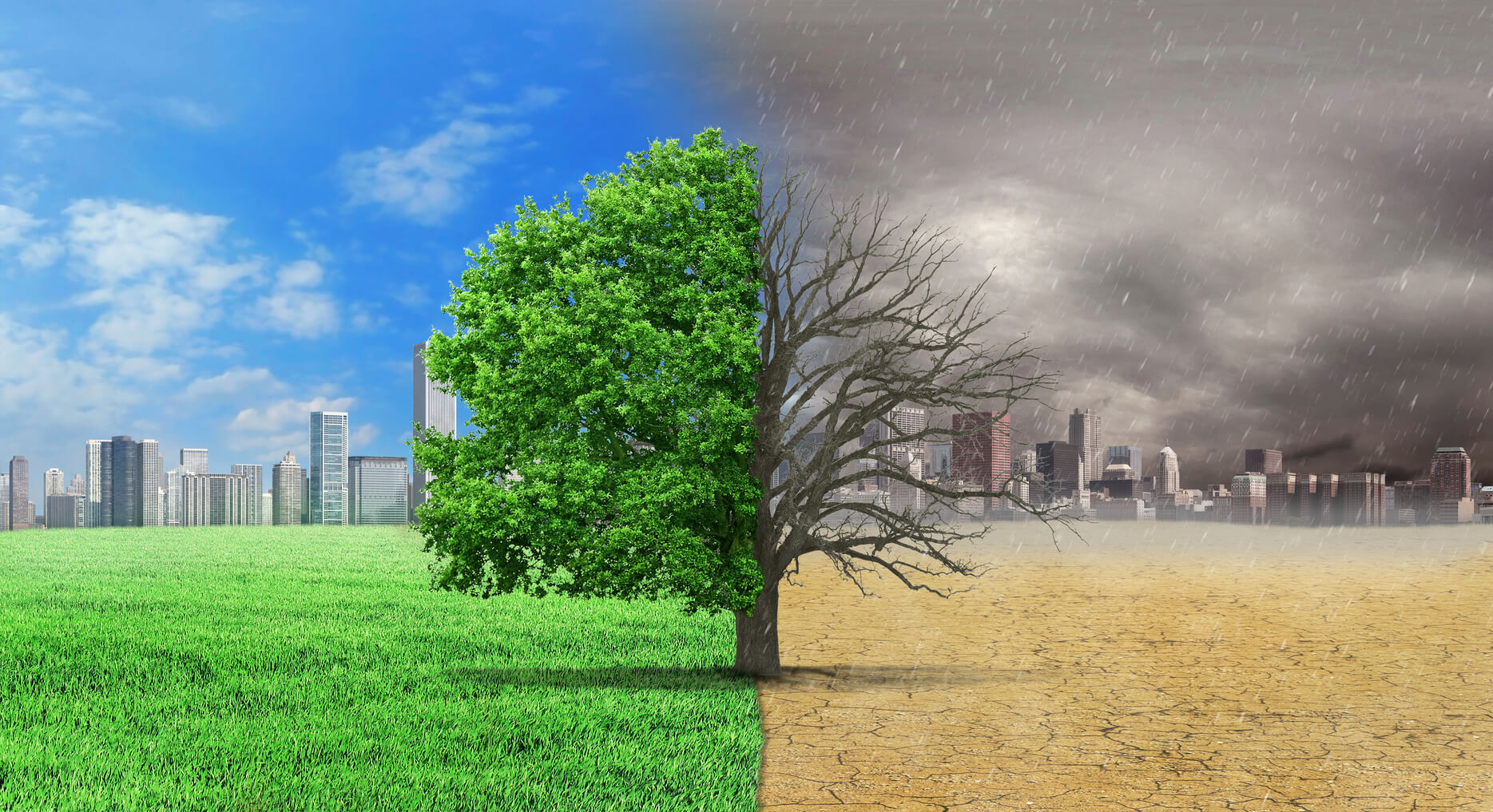
The invisible consequences of climate change.
Beyond emergencies related to meteorological events, there is a silent factor that is taking center stage in the face of climate change. Learn more in this article.
How do they affect the media?
The discrepancy that exists in the media, when communicating the news about climate change, is one of the factors that has most attracted attention in the area of psychology. Indeed, there has been an increase in research relating the consequences on people's mental health after an extreme meteorological event. This is due to the uncertainty that causes, in the perception of people, the contrast in the information received.
On the other hand, stress levels can be increased by environmental conditions. For example, it can increase violence, aggression in people and the number of suicides due to a natural disaster. One of the most significant psychological impacts is the tendency to perceive vulnerability more closely. This can be associated with geographic location, economic variability, social status, among others.
How to approach the silenced?
To address this agglomeration of events in a healthy way, there is a key word: adaptation. However, on psychological issues, it is of utmost importance to consider the social context of each country. In this sense, it is crucial to unite the disciplines to promote the sustainable development of a nation. The investigations cannot remain only in a magazine; it is necessary that they reach society with a common language.
This would make it possible to reduce the educational gap and, therefore, take concrete actions by the citizenry. In addition, social principles must be fundamental pillars within climate change laws. Finally, the need to consider actors from different humanistic perspectives in the resolution of this type of situation becomes imperative. Here we need everyone's contribution to live adapted to a new planet.

